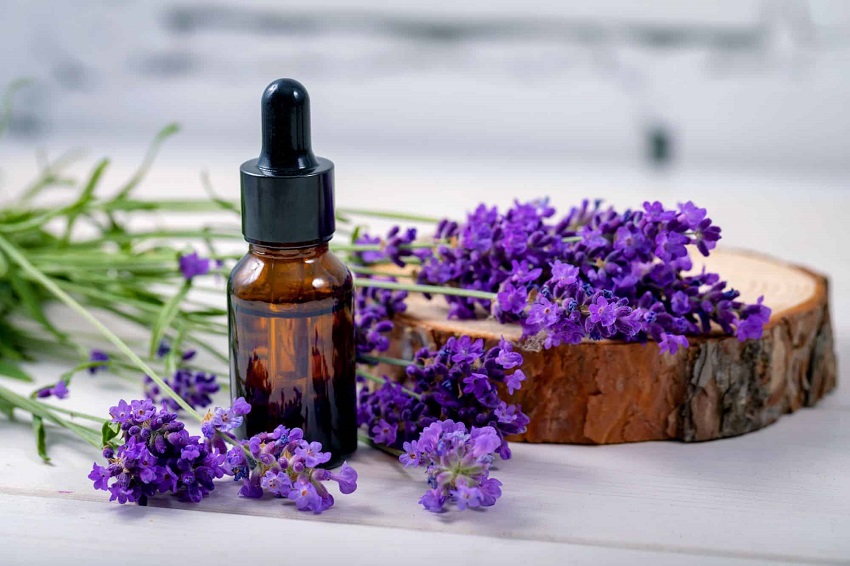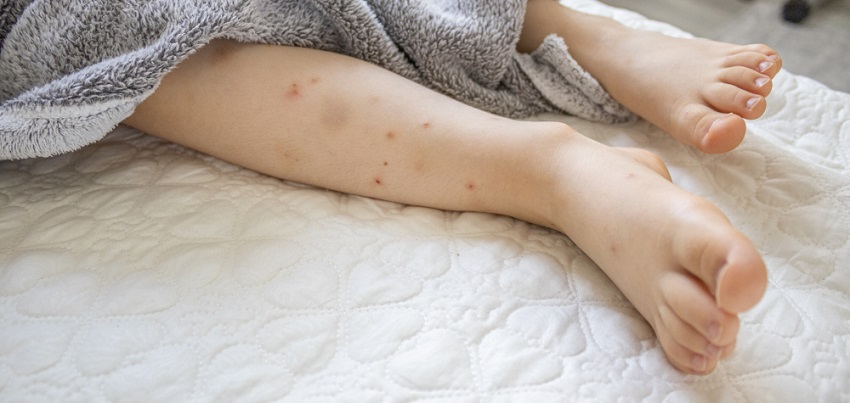Are you dealing with pesky fleas on yourself? Don’t worry; you’re not alone. While fleas primarily target animals, they can occasionally latch onto humans, causing discomfort and irritation. In this article, we will explore effective methods to eliminate fleas and prevent future infestations. Let’s dive in!
Understanding Fleas and Their Impact on Humans
Fleas are small, wingless insects that feed on the blood of mammals and birds. Although they prefer animals as hosts, they can bite humans too, causing itching, redness, and potential allergic reactions. Understanding their lifecycle, behavior, and impact is crucial for effective flea control. Discover what do fleas look like.
Identifying Flea Bites and Symptoms
Before we discuss the solutions, let’s recognize the signs of flea bites on humans. Flea bites often appear as small red bumps, usually found in clusters on the lower legs, ankles, or feet. Itching is a common symptom, and excessive scratching may lead to secondary infections. Identifying these signs will help in determining the best course of action.
Immediate Relief: Treating Flea Bites
If you’ve been bitten by fleas, it’s essential to alleviate the discomfort and reduce itching. Here are a few practical tips to provide immediate relief:
- Wash the affected area with mild soap and warm water.
- Apply a cold compress or ice pack to reduce swelling and itching.
- Use over-the-counter anti-itch creams or ointments to soothe the skin.
- Take oral antihistamines to relieve itching and allergic reactions.
Combating Fleas in Your Home Environment
To effectively eliminate fleas, it’s crucial to address the source of the infestation. Here are some steps to tackle fleas in your home:
Thoroughly Clean Your Home
Start by vacuuming all carpets, rugs, and upholstery. Pay special attention to areas where pets rest or sleep. Dispose of the vacuum bag or empty the canister to prevent re-infestation.
Wash Bedding and Linens
Wash all bedding, blankets, and linens in hot water to kill fleas and their eggs. Dry them on high heat to ensure complete elimination.
Treat Your Pets
Consult a veterinarian to choose the appropriate flea treatment for your pets. There are various options available, including topical treatments, oral medications, and flea collars. Regularly grooming and bathing your pets also help in controlling fleas.
Use Insecticides
Consider using insecticides designed specifically for flea control. Treat your home, focusing on areas where fleas are likely to hide, such as pet bedding, carpets, and cracks in the flooring.
Natural Remedies for Flea Control
If you prefer natural alternatives or want to complement chemical treatments, there are several home remedies you can try:
- Diatomaceous Earth: Sprinkle this powder in flea-prone areas to dehydrate and kill fleas.
- Herbal Repellents: Use essential oils like lavender, lemon, or eucalyptus as natural flea repellents.
- Salt: Sprinkling salt on carpets and allowing it to sit before vacuuming can help dehydrate fleas.
Preventing Future Flea Infestations
Prevention is key to keeping fleas at bay. Here are some preventive measures to consider:
- Regularly vacuum and clean your home to remove potential flea eggs and larvae.
- Wash pet bedding frequently in hot water.
- Trim your lawn and remove excess vegetation where fleas may thrive.
- Use flea prevention products for your pets as recommended by your veterinarian.
Dealing with fleas on humans can be frustrating, but with the right approach, you can eliminate them effectively. Remember to address the infestation at its source by treating your home and pets simultaneously. By combining chemical treatments, natural remedies, and preventive measures, you can enjoy a flea-free environment.
FAQs (Frequently Asked Questions)
Q1: Can fleas live on humans?
Yes, fleas can live on humans, but they prefer animals as their primary hosts. Humans are usually infested when there is a heavy flea infestation in their surroundings.
Q2: Can fleas transmit diseases to humans?
While it is rare, fleas can transmit certain diseases to humans, such as murine typhus and bubonic plague. However, these cases are uncommon in developed countries.
Q3: Can I use dog flea treatments on humans?
No, it is not safe to use dog flea treatments on humans. These products are specifically formulated for dogs and may contain ingredients that can be harmful to humans.
Q4: Are natural remedies effective in killing fleas?
Natural remedies can be effective in controlling fleas to some extent, but they may not eliminate the infestation completely. Combining natural methods with other treatments is usually more effective.
Q5: How long does it take to get rid of fleas in the house?
The time required to eliminate fleas from your house can vary depending on the severity of the infestation and the methods used. It may take several weeks or even months to completely eradicate fleas.
